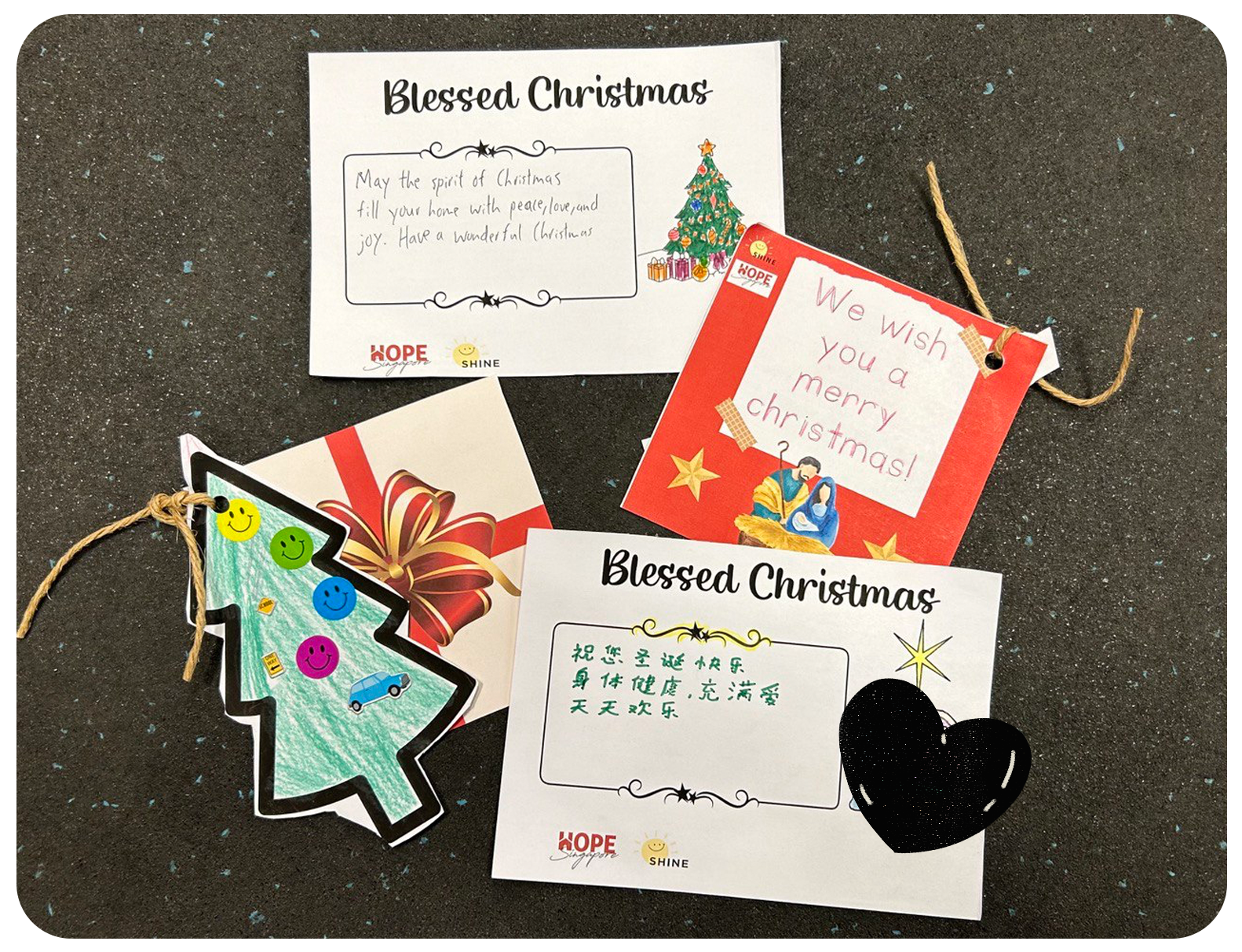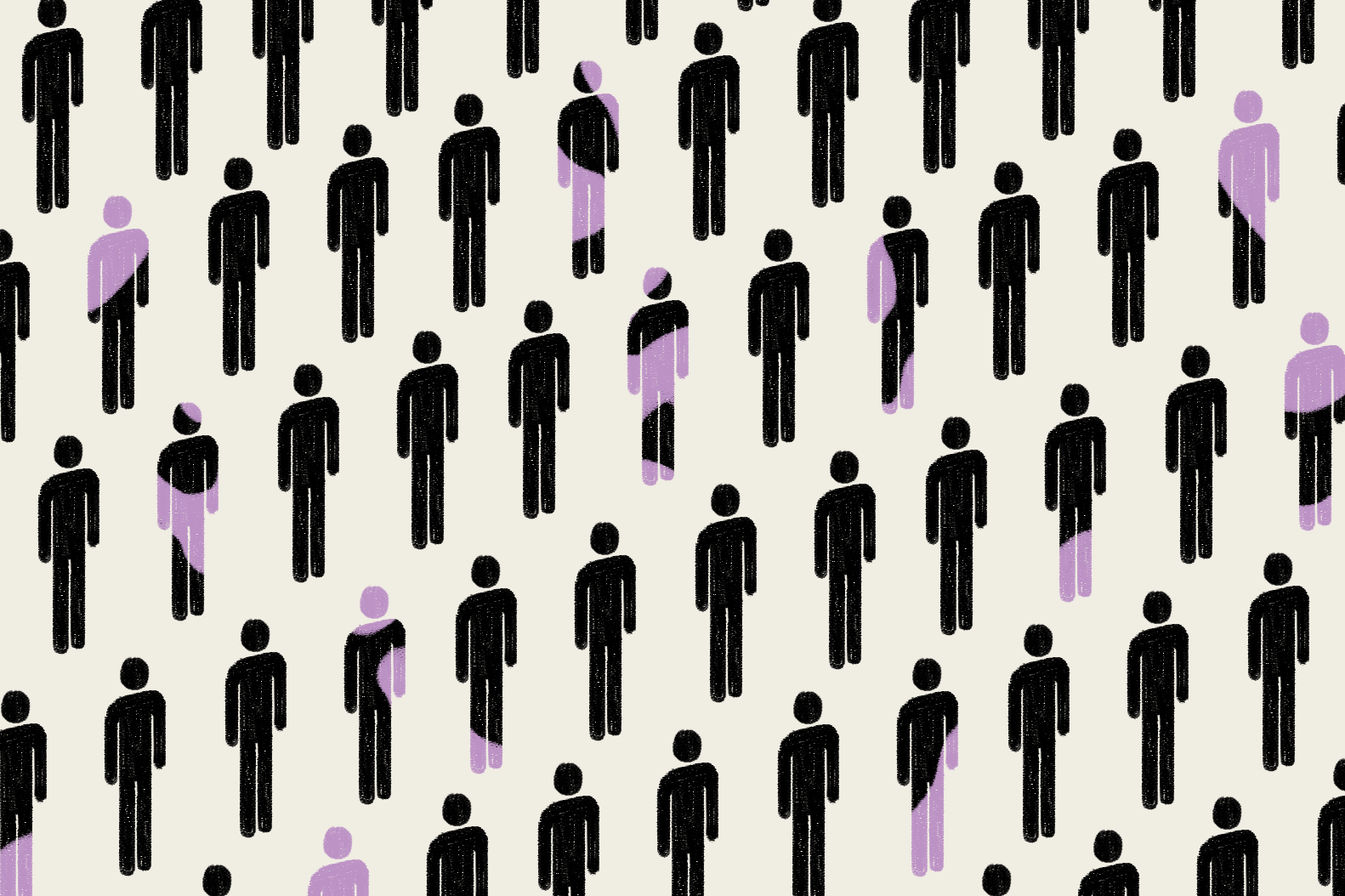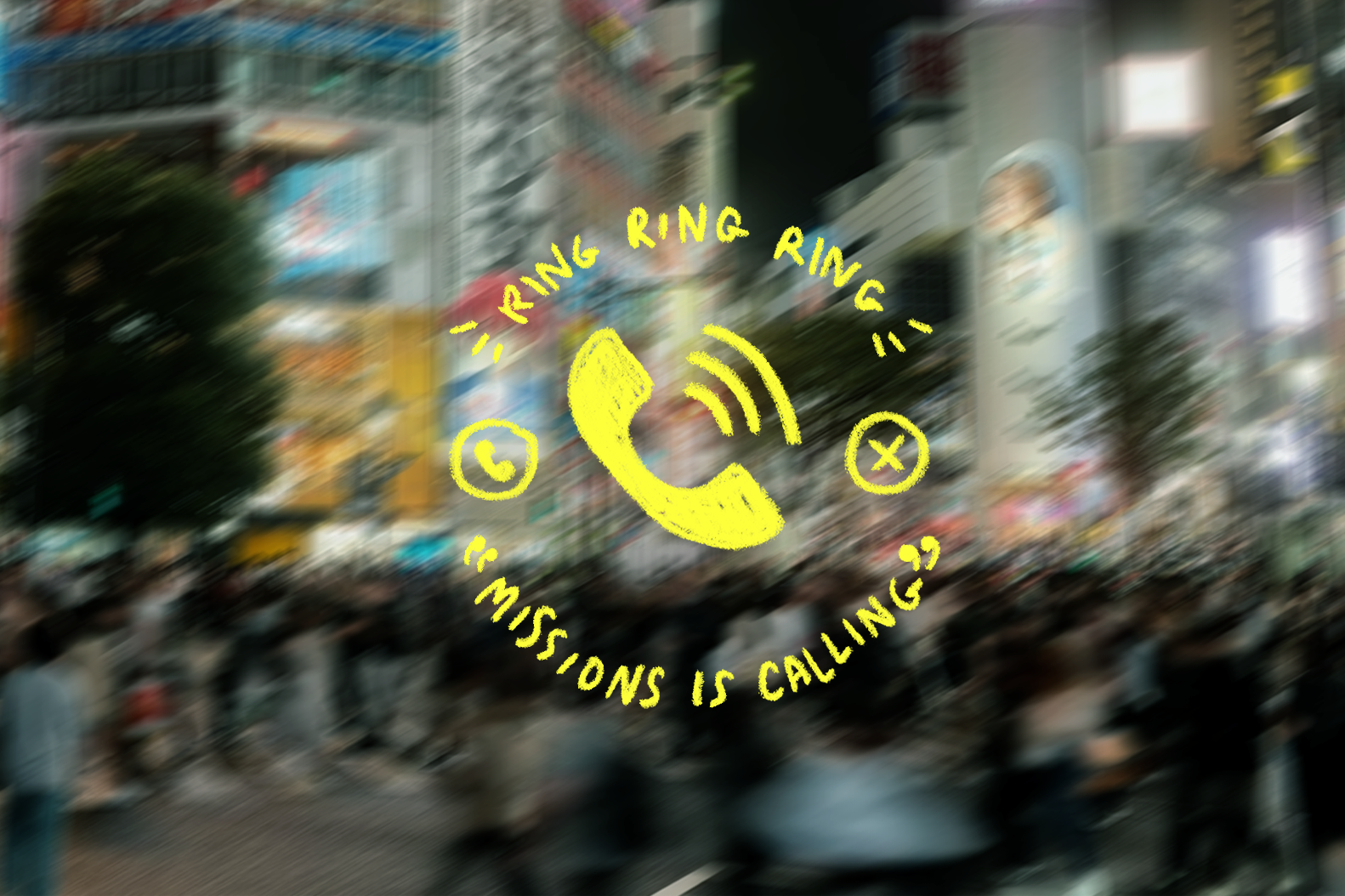What would you do if you suddenly heard someone shouting during worship in a church service? How would you react if someone interrupted when the pastor was preaching?
These are very real challenges faced by churches as they open our doors to all people, and that includes people with special needs – who are also God’s beloved children.
How can we as the Church love and also serve the needs of the disabled and their families?
An indispensable part of the Body
Questions like this led to the birth of Koinonia Inclusion Network (KIN). Founded in 2019, KIN is a disability mission organisation which aims to enable the Church to welcome and disciple people of all abilities. This is done through equipping, resourcing and connecting the churches in Singapore.
As part of their efforts to support the Singapore Church in this arena, KIN has also conducted the Singapore Disability Ministry Survey 2023 to understand more about the state of Christian ministries for people with disability.
The survey found that the churches started a disability ministry either because of:
- The needs of the congregation: to address the needs of people with disabilities in their midst
- The vision for the congregation: vision from specific passionate individuals to include people with disability as part of the church
Whether the reason is a reactive (out of needs) or a proactive (out of vision) one, the heart is the same – to see every part of the Body being included, engaged, and discipled. Because those with special needs are also included in the Great Commission and they are also fellow disciples of Christ.
“On the contrary, those parts of the body that seem to be weaker are indispensable,” (1 Corinthians 12:22)
While people with disability might be perceived as weaker, they are nonetheless still members of the church who carry different gifts from God (1 Corinthians 12:4). The survey done by KIN noted: “Any so-called weakness is not a hindrance to church life; rather, such weakness allows Christians to exercise care for one other just as God has designed”.
A fuller humanity
In fact, there is much that we can learn from those with disability. In the chapter titled “What Does It Mean To Be Human?” in his book “Key Questions About Christian Faith”, John Goldingay shares:
“Disabled people and our relationships with them draw our attention to this fact. They themselves enter into a fuller humanity in relationships, and they call us to the same destiny in our relationships with them.”
“Living in community with disabled people gives both the abled and the disabled the possibility of realizing their humanity by being drawn out of their closed individual worlds (which the abled, at least, may see as the means of safeguarding their humanity) into a shared life in a network of relationships… Disabled people have a strange power to call forth love and thus both to call forth humanity and to reveal the nature of divine love.”
Indeed, Jesslyn Ng, Executive Director of KIN resonates with this in her experience of working with people with disability as well.
“People with disability often teach us about forgiveness. As we work with them, sometimes our patience gets tested and we show our frustration. But the next day, they will still come and hold your hand and they won’t push you away. It always amazes me how forgiving and faithful they are in their friendships.”

Apart from human relationships, there are valuable lessons to be learned as we look into how God loves the disabled and how they love God.
Oftentimes, we can easily pride ourselves on how much we know about God or how much we can do for God. If we are not careful, we can sometimes buy into the lie that God will love us more because of our knowledge or our deeds.
Yet, when we look at how God loves the disabled, we know that this is clearly not true. While they might not be able to know as much about God intellectually or do as much for God physically, it certainly does not mean that God loves them any less.
The disabled are sometimes the best example of a childlike and simple faith, especially in times when we have overcomplicated things rather than simply trusting and following God.
Each one of them is a beloved child of God; who are we to say that they are “not normal” simply because they seem different from us?
Enabling the disabled
As such, the church shouldn’t just be contented once there is a ministry to cater to the needs of the disabled. Rather, we should always work towards greater inclusion of people with disability, and strive to enable them to be a blessing to others.
The survey done by KIN shows that many leaders of existing disability ministries also carry the same heartbeat. “How to help the church be more inclusive” and “How to disciple people with disability” were ranked the highest when these leaders were asked how they could be better supported in their ministries.
Shayln Wong, leader of SHINE (the special needs ministry from HOPE Singapore) shared with us about a special moment in the ministry that she found extremely meaningful and memorable.
“During our church conference last year, SHINE was invited to join the congregation for one of the sessions. Although we were just sitting at one corner of the auditorium, it was really encouraging to be able to worship together with the whole church body.”
“The pastor even did a shoutout to SHINE and everyone was cheering for us. That was really a sight to behold,” Shayln added, with visible excitement on her face.

This year, SHINE is also collaborating with a few cell groups to bless the residents near the church in light of the Christmas season. Members of SHINE have written some Christmas cards to be put into the blessing packs, while those who are unable to write did colouring, pasted stickers, and traced their messages on a given template.
This is only one of the many ways that the church can go the extra mile to include those with special needs in churchwide initiatives, as well as to enable them to be a blessing to others.
If anything, this tells us that intentional thoughts and efforts are required to integrate special needs ministry into the church body, rather than only seeing it as a standalone ministry.
An untouched mission field
Commenting on the state of disability ministry among churches in Singapore, Jesslyn called it an “untouched mission field” right at our doorstep. KIN’s survey estimated that more than 90% of believers with special needs remain unchurched and unengaged.
“They should have been part of the church. They are part of the church,” Jesslyn emphasised.
Volunteers from SHINE have also called this an outreach platform that has much potential but has yet to be tapped into. They shared that many of their members and their caregivers are actually pre-believers, but they are extremely open to joining because it is hard for them to find a community anywhere else.
“This is really the special thing about SHINE. Sometimes we don’t even realise what God can do as we simply shower the members and caregivers with love and keep them coming week after week,” said Andrea Tan, a SHINE volunteer for more than 4 years.

Nonetheless, the work of the disability ministry is definitely not easy.
Many volunteers shared that it sometimes takes years to teach their members a simple truth and to see a change.
“It is always worth it and it keeps us going. We just need to rely on God’s love and strength, and we keep trying.”
While this is not an easy task and there remain many gaps to be met, the leaders and volunteers never spoke with any sort of bitterness or discouragement. They talked about their ministry with much excitement, conviction, and gratitude.
All these show that they are not doing this simply out of need, but because they have caught God’s heart for this group of people.
The question is, how can we as one Church also do the same? How can we do better in including the disabled as part of our Body?
“But when you give a banquet, invite the poor, the crippled, the lame, the blind, and you will be blessed. Although they cannot repay you, you will be repaid at the resurrection of the righteous.” (Luke 14:13-14)
If this article got you curious about special needs ministry, Shayln’s advice is: “Just try. No strings attached.” Pay a visit to a special needs ministry, observe how things are, and see what God drops in your heart.
If your church doesn’t have a special needs ministry, you can check out Jesus Club or Chapel of Christ our Hope. You can also contribute by giving to KIN!
For more information about KIN, feel free to write to [email protected].
- What has this article taught you about people with disability?
- What is God speaking to you as you read about disability ministry?
- What is one next step that you can take to respond?









